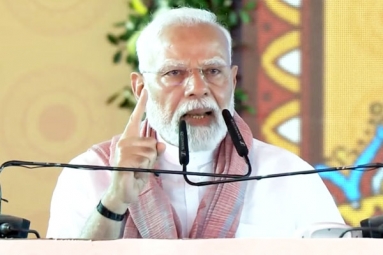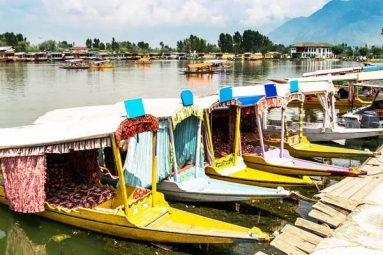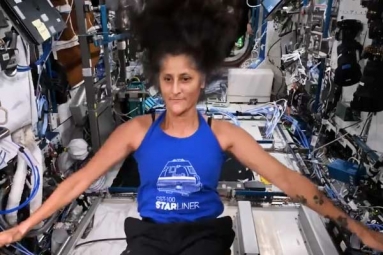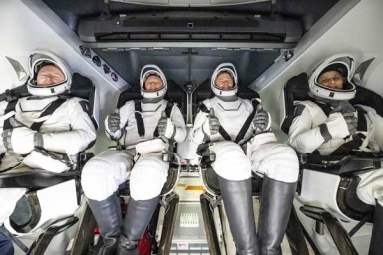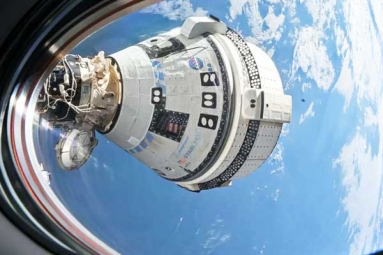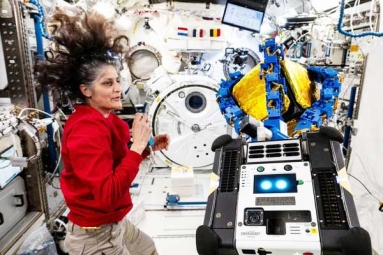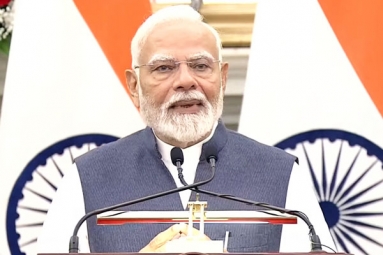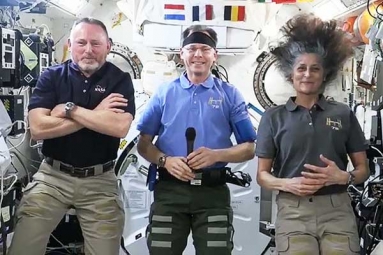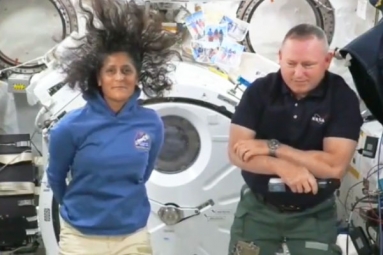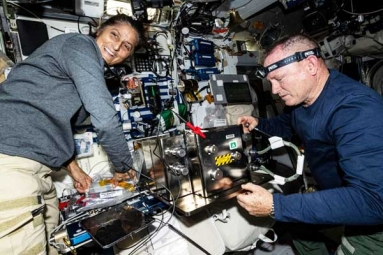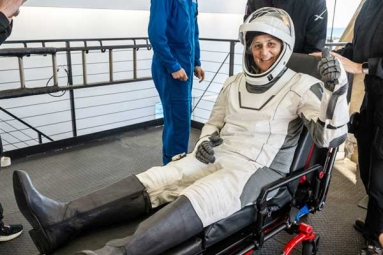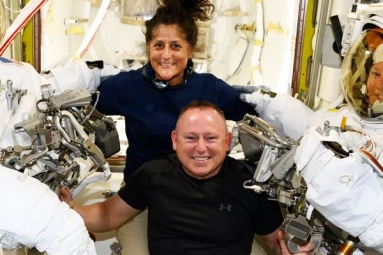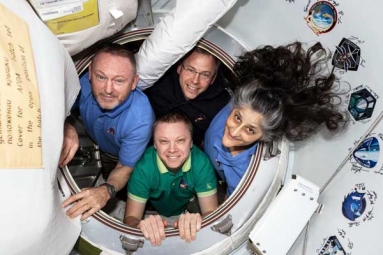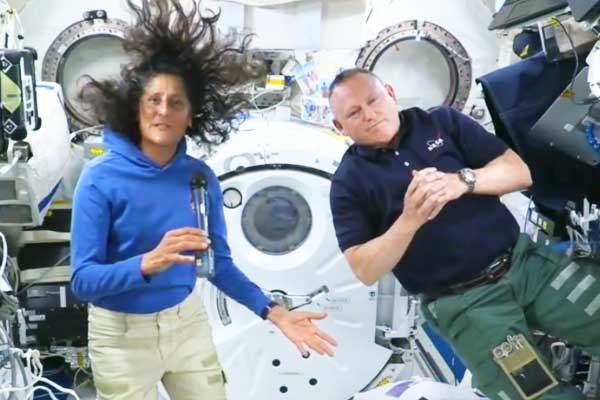
(Image source from: Twitter.com/NASA)
A new health concern has surfaced for NASA's Indian-born astronaut Sunita Williams and the eight other crew members currently aboard the International Space Station (ISS). A formidable bacterial strain, known as 'Enterobacter bugandensis,' has taken up residence within the orbital outpost. This microbe, resistant to multiple antibiotics, has evolved and thrived in the enclosed environment of the ISS. Posing a threat to the respiratory system, this "superbug" is not of extraterrestrial origin but rather a stowaway that accompanied the crew on their voyage to the station. Ms. Williams and her colleague, Astronaut Barry Eugene "Butch" Wilmore, arrived at the ISS on June 6, 2024, aboard the new Boeing Starliner spacecraft, and are expected to remain there for over a week, testing the very craft they assisted in designing. The seven other crew members have been living on the ISS for a more extended period.
The last 24 years of continuous habitation aboard the International Space Station have raised significant concerns. NASA recently reported on the study of bacterial strains from the space station, specifically the E. bugandensis species, which is known for its resistance to multiple drugs. The researchers found that the E. bugandensis strains isolated from the ISS had undergone genetic and functional changes, adapting to the unique environment of the space station. These strains were able to persist and thrive in the ISS, coexisting with other microorganisms, and in some cases, even aiding their survival. The study was led by Dr. Kasthuri Venkateswaran, a scientist at NASA's Jet Propulsion Laboratory in Pasadena, California, who previously studied marine microbiology at Annamalai University in Chennai, India. In 2023, Dr. Venkateswaran discovered a new multi-drug resistant bug called Kalamiella Piersonii, which he named after his role model, former President Dr. APJ Abdul Kalam. Further research on the adaptations and implications of these space-borne microbes is ongoing.
Artificial Intelligence (WSAI) experts, including Dr. Kasthuri Venkateswaran, a Senior Research Scientist at NASA's Jet Propulsion Laboratory, and research scholars from the Indian Institute of Technology Madras, Mr. Pratyay Sengupta and Mr. Shobhan Karthick MS, along with Mr. Nitin Kumar Singh from NASA's Jet Propulsion Laboratory, have collaborated on a study published in the renowned scientific journal Microbiome. Researchers note that astronauts on space missions face unique health challenges due to limited access to traditional medical facilities and altered safety status. Understanding the microbial landscape on the ISS is critical to assessing the impact of these microorganisms on astronauts' health. NASA JPL Chief Scientist Dr. Kastri Venkateswaran, highlighting the broader implications of the study, said: "Our study shows how some benign microorganisms affect the opportunistic human pathogen E. bugandensis.""The insights gained from this research will shed light on the behavior, adaptation and evolution of Microorganisms exist in extreme and isolated environments, allowing us to develop new coping strategies to eradicate opportunistic pathogens and help astronauts." NASA states that "limited environments" and human-"areas such as the International Space Station provide an extreme environment with Weightlessness, radiation and high carbon dioxide levels,” the study says. “A closer look at microbial dynamics in extreme environments will pave the way for effective preventive measures for the health of astronauts.”






